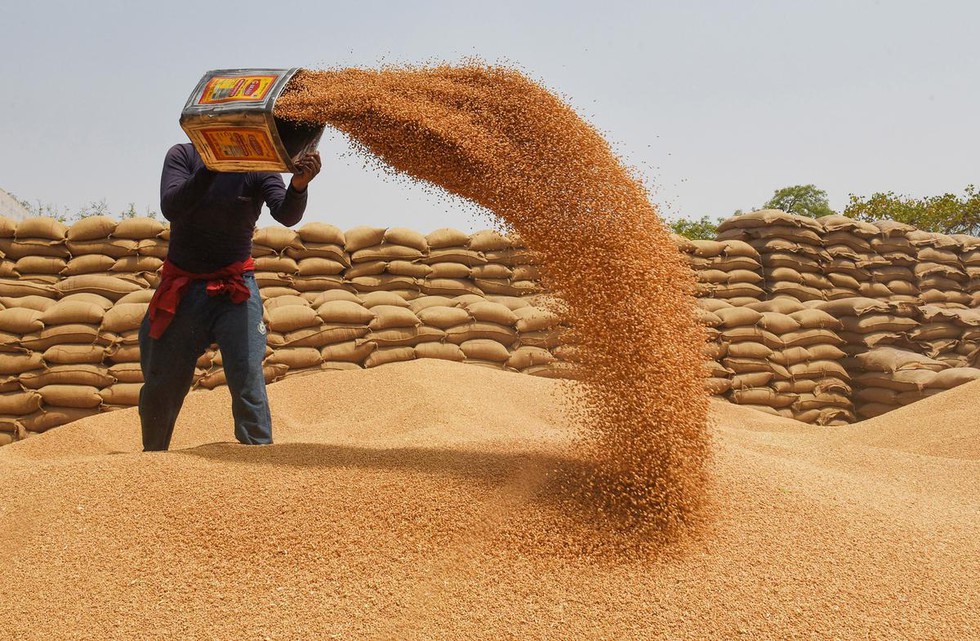About Open Market Sale Scheme (OMSS):
- The Food Corporation of India (FCI) , on the instructions from the government from time to time, sells surplus food grains from the central pool, especially wheat and rice, in the open market to traders, bulk consumers, retail chains, etc., at predetermined prices.
- This is in addition to maintaining buffer stocks and making a provision for meeting the requirements of the National Food Security Act (NFSA) and Other Welfare Schemes (OWS),
- The FCI does this through e-auctions, where open market bidders can buy specified quantities.
- An eligible bidder can bid for a minimum quantity of 10 metric tons (MT) to a maximum of 100 MT in the case of wheat. In the case of rice, traders are eligible and can bid a minimum quantity of 10 MT and a maximum quantity of 1000 MTs.
- States are also allowed to procure food grains through the OMSS without participating in the auctions, for their needs.
- This will be beyond what they get from the central pool to distribute to NFSA beneficiaries.
- The OMSS aims to enhance the supply of food grains(ensuring food security) during the lean season and thereby moderate the open market prices (controlling inflation), especially in the deficit regions.
What is the Food Corporation of India (FCI)?
- It is a statutory bodyset up in 1965 (under the Food Corporation Act, 1964) under the Ministry of Consumer Affairs, Food and Public Distribution, Government of India.
- It was set up against the backdrop of a major shortage of grains, especially wheat, in the country.
- It is the main agency responsible for the execution of food policies of the government.
- Currently, FCI is mandated with three basic objectives:
- Effective price support operations for safeguarding the interests of the farmers.
- Distribution of foodgrains throughout the country for a public distribution system.
Maintaining satisfactory level of operational and buffer stocks of foodgrains to ensure National Food Security.
